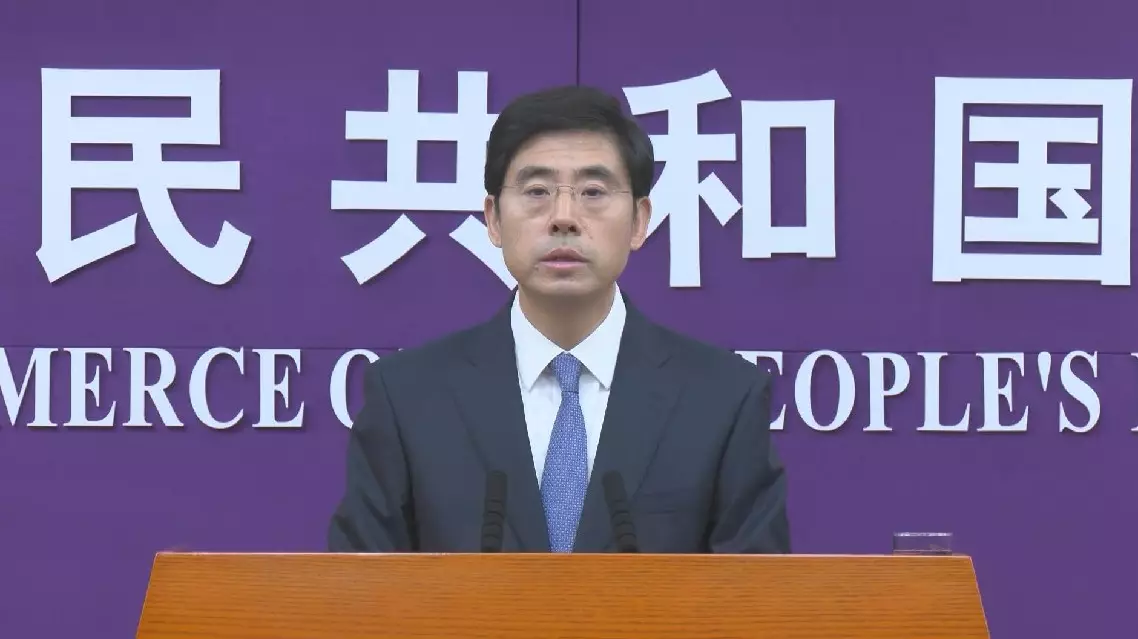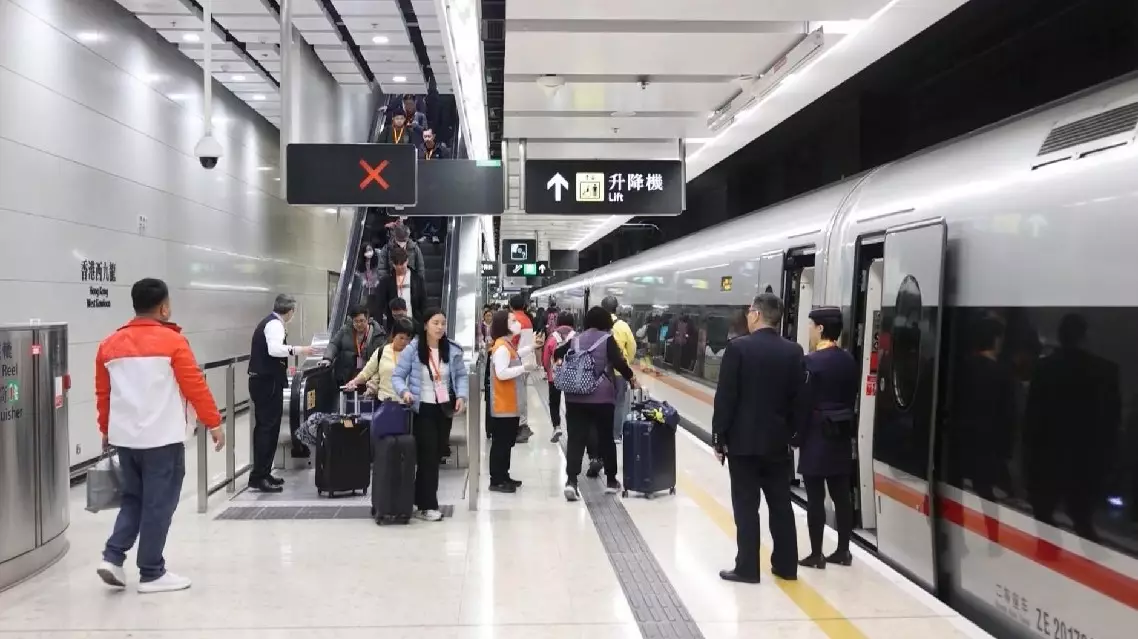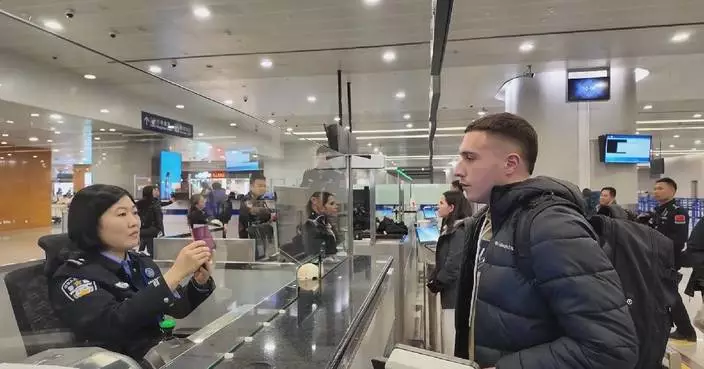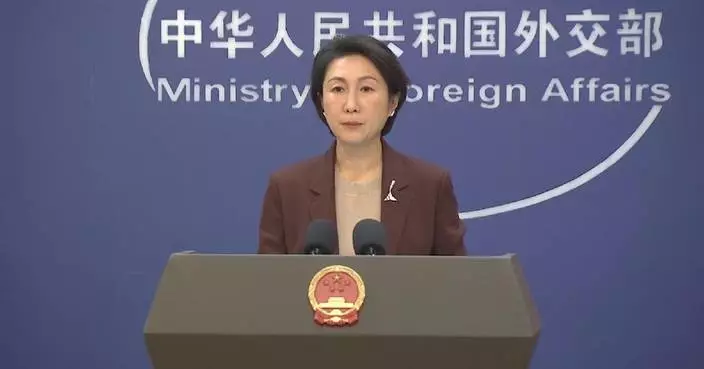China will take all necessary measures to safeguard its legitimate rights and interests against the latest U.S. move to impose semiconductor export control on China, a spokesman of China's Ministry of Commerce said on Thursday.
On Monday, the U.S. Commerce Department announced curbs on the sale of two dozen types of semiconductor-making equipment and restrictions on Chinese companies from accessing U.S. semiconductor technology.
Speaking at a press conference in Beijing in response, He Yadong, the spokesman, lashed out at the U.S. move.
"The U.S. has constantly overstretched the concept of national security, abused export control measures and engaged in unilateral bullying actions. On December 2, it once again announced semiconductor export control measures against China, which severely disrupts market rules and the international economic and trade order. It creates significant uncertainty for normal trade in the semiconductor sector and threatens stability of global industrial and supply chains. China will take necessary measures to resolutely safeguard its legitimate rights and interests," said the spokesman.

China to protect its legitimate rights, interests against US semiconductor export control
The West Kowloon Station in the Hong Kong Special Administrative Region has added trains to cope with the growing travel demand during the holiday season of Christmas and New Year's Day.
By 08:00 on Wednesday morning, the West Kowloon Station experienced a notable surge in passengers in the waiting hall, with long queues at each ticket checkpoint.
The station has launched round-trip train services for travelers to and from popular destinations such as Zhangjiajie in central China's Hunan Province and Chaozhou and Shantou cities in south China's Guangdong Province.
"We already had several tour groups set up over a month ago. Our list of travelers kept growing before departure," said Cheng In-fai, a tour group leader.
"It takes about 40 minutes from Hong Kong to Guangzhou. It's quite convenient," said Mrs. Chan, a traveler from Hong Kong.
Currently, high-speed trains from Hong Kong can directly reach 80 stations in the mainland, passing through 11 provinces, one autonomous region, and four municipalities.
To facilitate travelers, the border inspection station at the West Kowloon Station has increased personnel and opened all inspection channels.
From 06:30 on Wednesday to 11:00 on Thursday, the station handled more than 127,000 inbound and outbound passengers, with over 86,000 inbound passengers, and among them inbound Hong Kong and Macao travelers accounted for 67.4 percent.
Starting on January 5, 2025, the Shenzhen North Railway Station in Guangdong Province will launch an additional 14 multiple unit trains departing from and terminating at the station.
These trains will connect West Kowloon, Shanwei, Chaozhou and Shantou in Guangdong, Huangshan North in east China's Anhui Province, Shanghai, and Zhangjiagang City in Jiangsu Province.

Kowloon station in HK add trains for holiday rush










